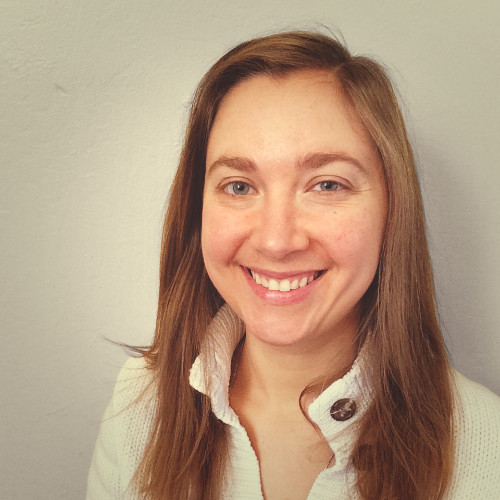By Alex Jackimovicz, co-founder of the Alliance for Economic Democracy, Prout Alliance steering committee chairman

During the five-day Ananda Bliss Festival in Portugal, Alex Jackimovicz presented “Deep Activism: Right Relationship—A Proutist View” to a diverse gathering of spiritual practitioners, many with meditation backgrounds and varying degrees of activism experience. Invited by PRI-P (Prout Research Institute Portugal), Jackimovicz introduced the third component of his evolving Deep Activism series.
The series addresses two fundamental gaps in traditional activism: the tendency to focus solely on policy reforms and immediate symptoms while leaving root causes intact, and the neglect of activists’ own personal development as a foundation for effective organizing. This component was designed to expand ideas of activism across physical, psychic, and spiritual levels while connecting personal transformation with systemic change.
The session unfolded through a three-tiered exploration of “right relationship” with ourselves, in our direct connections, and through our indirect impact on distant communities. Rather than lengthy presentations, participants were guided through interactive exercises that revealed insights from their own experiences.
The internal work began with “knowing your zip code”—honest self-assessment through paired sharing about moments when participants felt out of alignment between their stated values and actual actions. Partners took turns witnessing each other’s stories of misalignment, creating space for vulnerability and authentic reflection. From these exchanges emerged the practical framework of “stepping up and stepping back”: stepping up means leaning into discomfort for growth, while stepping back means recognizing when you’re overextending. One participant shared how she realized she often avoided difficult conversations (needing to step up), while another recognized his tendency to dominate group discussions (needing to step back).
For direct relationships, participants mapped their key connections on paper, exploring group dynamics and the principle of centering voices of those experiencing problems firsthand. This included an introduction to “ring theory”—understanding who is closest to trauma or crisis and ensuring support flows inward toward those most affected while processing flows outward. Participants drew concentric circles representing their relationships, noting where energy felt “too intense” or “too distant” and exploring what ideal balance might look like.
The discussion then connected this principle directly to Prout’s economic democracy: just as we center those closest to trauma, economic power must be in the hands of local people. For example, it should be the local people who determine the best use of local resources; they should have the primary control over economic decisions affecting their lives. This organizing principle becomes a foundation for community-controlled economic development.
The indirect relationship work challenged participants to consider how their consumer choices and daily decisions ripple out to affect distant communities they never meet. This opened conversations about capitalism’s underlying ideology of wealth concentration and how traditional activism often addresses symptoms while revolutionary transformation must challenge the belief systems creating oppression. One participant reflected on how this framework helped them see their morning coffee differently—not just as a personal choice but as a connection to farming communities, trade relationships, and global power structures. The session planted seeds for deeper reflection about right relationship between people and planet, between local communities and their resources, and between human needs and ecological carrying capacity.
The outdoor setting among Portuguese trees, in close proximity to the river, provided an ideal environment for this reflective work. Participants engaged deeply in paired and small group sharing, with the full group discussions building naturally from these intimate exchanges. Key insights emerged about how personal authenticity, group facilitation principles, and systemic vision interconnect as pathways toward the same goal. The workshop aimed to demonstrate that inner work, practical organizing skills, and consciousness change are not separate activities but integrated aspects of the comprehensive transformation that both individual activists and society itself require.
The full presentation is available to view at:


